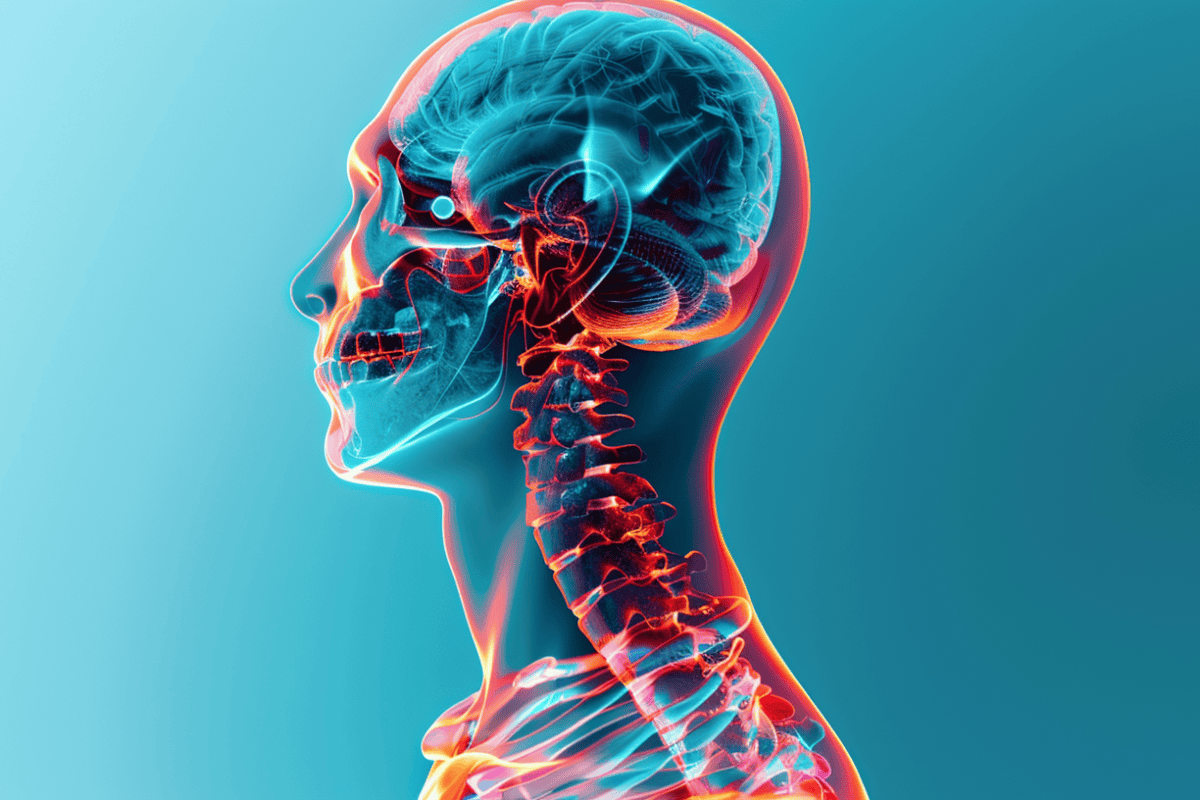The future of healthcare is inextricably linked to the future of technology, and there are many extraordinary developments taking place in the world that will shape the future of the healthcare industry in numerous huge and surprising ways. It is impossible to list all of the different ways in which the healthcare industry is likely to change as a result of developments in technology but there are six notable changes that are already in use or very close to reaching fruition.
Remote health management
Remote health management is one of the key ways in the way people can interact with their health care managers. Disabled, distant and elderly patients can already be monitored by their doctors thanks to technology such as video as well as fast internet technology and WLAN. WLAN means a wireless local area network or networks that do not require physical wires to be attached to devices that can be used to monitor such things as body weight, temperature, blood pressure and blood sugar levels. Ordinary Wi-Fi that is commonly used in the home in today’s world is actually a form of managed wireless LAN itself. The use of wireless LAN in regards to remote health management means that digital diagnoses can be made which not only relieves pressure on healthcare systems all over the world but also means that patients do not have to disrupt their everyday lives with constant visits to doctors or hospitals, something that is particularly important and beneficial to those who live in remote areas.
Virtual reality
The much touted virtual reality technology is about a lot more than just playing video games, and there are a variety of benefits to the healthcare industry. An array of challenging healthcare issues are already being addressed by virtual reality, including post traumatic stress disorder, while the technology can also be used to make high resolution 3D images out of X-rays, MRI scans and CT scans, making diagnosis all the simpler and more accurate for doctors. The 3D visualisations that result from VR technology can be useful in complicated medical procedures where meticulous planning is vital, such as separating conjoined twins.
Augmented reality
Augmented reality is different from virtual reality as users can still maintain contact with actual reality and information can be relayed to the eyes at a dizzyingly fast speed. These features have allowed augmented reality to become a crucial force in the future of healthcare, enabling surgeons to further improve their capabilities while also helping medical students to be better prepared for operations in real life. For patients, augmented reality can assist them to deliver a more accurate description of their symptoms.
Sensors, trackers and wearables
Empowering patients is increasingly be seen as an important aspect of modern healthcare, and health sensors, trackers and wearables are proving crucial to help people use technology to better take care of themselves. Wearables can help with weight management, stress levels and overall health and fitness.
The medical tricorder
The idea of a medical tricorder has long been the dream of many in the healthcare industry, and that dream is coming very close to fruition. Ordinary people may be familiar with the term and the basic idea if they have ever seen a film or episode of the popular science-fiction franchise Star Trek. From as far back as the 1960s the series posited the idea of a handheld, portable device used by doctors that could scan a patient and determine vital signs as well as other parameters and even deliver a diagnosis. While a device that sophisticated is not yet available, the idea is coming closer to reality, with some smartphones already capable of featuring high-powered microscopes that can take photographs of skin lesions and are even able to analyse swab samples.
Medical 3D printing
3D printing is already here, with the idea of printable living cells even being worked on by the biotechnology industry and 3D printed drugs is something that is also being looked at as a possibility. The concept would completely reinvent the current pharmaceutical industry and organs and bionic ears could also be on the horizon. 3D printing is already being made use of in the healthcare industry with prosthetic hands.
The future of technology, and the benefits it will provide to the healthcare industry, has never looked so bright.
Digital Health Buzz!
Digital Health Buzz! aims to be the destination of choice when it comes to what’s happening in the digital health world. We are not about news and views, but informative articles and thoughts to apply in your business.


